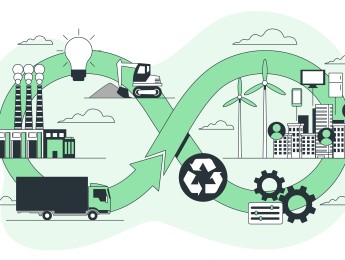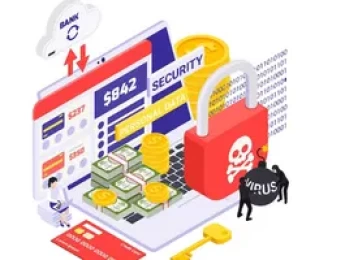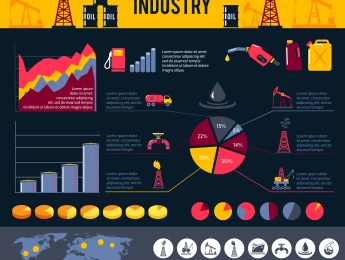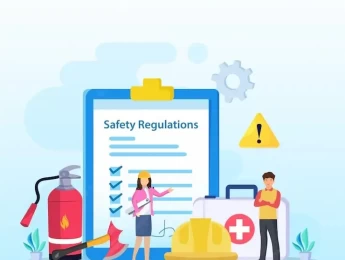This comprehensive course addresses the critical environmental sustainability issues within the oil and gas industry. Participants will explore the business, regulatory, and cultural factors driving sustainability initiatives and learn to implement effective strategies to reduce emissions and incidents.
Upon completion of this course, participants will be able to:
- Understand the external and internal risks to sustainability in the oil and gas sector.
- Develop business cases for emission and incident reduction.
- Learn about global standards and initiatives supporting sustainability.
- Implement culture change initiatives to sustain long-term performance.
This course is intended for:
- Corporate strategists and planners.
- Environmental sustainability specialists.
- Operational executives and managers.
- Project and program managers.
The course employs a mix of interactive presentations, case studies, group discussions, and practical exercises to ensure maximum understanding and retention. Participants will engage in hands-on activities and real-world scenario analysis to develop practical skills and strategies.
Day 5 of each course is reserved for a Q&A session, which may occur off-site. For 10-day courses, this also applies to day 10
Section 1: Introduction to Environmental Sustainability
- External drivers and ecological context: Understanding the broader environmental challenges and pressures.
- Strategic risks and operational impacts: Identifying and managing risks related to sustainability in operations.
Section 2: Business Cases for Emission Reduction
- Operational emissions scenarios: Analysis of typical emission sources and scenarios in the oil and gas industry.
- Mitigation strategies and resource implications: Evaluating different strategies for reducing emissions and their resource requirements.
Section 3: Tools and Standards for Sustainability - Part 1
- Industry standards and risk assessment: Overview of key industry standards and methodologies for assessing sustainability risks.
- Cultural importance in emission reduction: Exploring the role of organisational culture in achieving sustainability goals.
Section 4: Tools and Standards for Sustainability - Part 2
- Industry initiatives and tools: Detailed examination of current industry initiatives and tools for promoting sustainability.
- Group development of emission reduction initiatives: Practical session for developing tailored emission reduction strategies in teams.
Section 5: Review and Practical Application
- Group presentations and feedback: Participants present their developed strategies and receive constructive feedback.
- Consolidation of key learnings: Summarize the concepts and strategies learned throughout the course.
Upon successful completion of this training course, delegates will be awarded a Holistique Training Certificate of Completion. For those who attend and complete the online training course, a Holistique Training e-Certificate will be provided.
Holistique Training Certificates are accredited by the British Assessment Council (BAC) and The CPD Certification Service (CPD), and are certified under ISO 9001, ISO 21001, and ISO 29993 standards.
CPD credits for this course are granted by our Certificates and will be reflected on the Holistique Training Certificate of Completion. In accordance with the standards of The CPD Certification Service, one CPD credit is awarded per hour of course attendance. A maximum of 50 CPD credits can be claimed for any single course we currently offer.
- Course Code IND01- 136
- Course Format Classroom, Online,
- Duration 5 days













